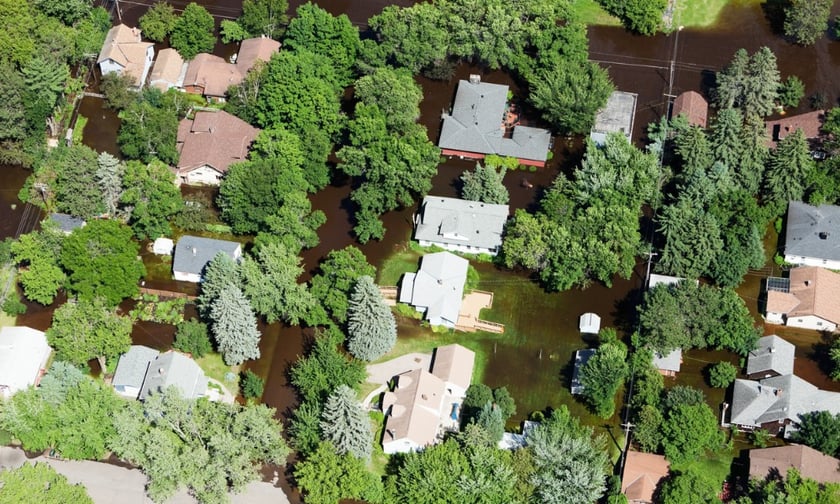

The Insurance Council of New Zealand (ICNZ) is urging political parties to unite in addressing the escalating climate risks impacting the country, following the release of a parliamentary inquiry into climate adaptation.
The Finance and Expenditure Select Committee’s report, released recently, highlighted the need for a comprehensive strategy to protect communities, infrastructure, and property from the growing threats posed by climate change.
Welcoming the Finance and Expenditure Select Committee’s report, ICNZ chief executive Kris Faafoi emphasised that New Zealand’s vulnerability to natural hazards requires urgent, coordinated action.
“The report is an important signal from Parliament that there is a general political consensus on the challenge facing New Zealand,” he said, adding that it is essential that this recognition translates into a cross-party commitment to effectively tackle these risks.
Faafoi recommended the establishment of a lead agency focused on climate adaptation, which could facilitate collaboration between central and local governments, the private sector, and affected communities. This body would help ensure that adaptation measures are comprehensive and well-coordinated.
He added that recent extreme weather events, such as the Auckland Anniversary floods and Cyclone Gabrielle, underscored the pressing need for better planning and risk management. These events resulted in nearly NZ$4 billion in insurance claims, while overall damage to the country’s infrastructure could reach NZ$14.5 billion, according to Treasury estimates.
Faafoi also stressed the importance of creating a national framework to manage natural hazard risks, while also allowing for flexibility to address unique local conditions.
“New Zealanders need certainty about the way natural hazard risks are going to be managed, both now and in the future. We support a framework that would create a consistent approach nationally but allow for local flexibility. We recognise the value of local knowledge when it comes to risks that communities face,” he said.
ICNZ is also advocating for improvements in the quality and availability of climate and natural hazard data. This would help guide decisions about where to build, reducing the likelihood of development in high-risk areas and providing better information to homeowners and communities about the risks they face.
The insurance industry has expressed a willingness to work with government bodies and other stakeholders to explore financial mechanisms that could support climate resilience, such as resilience bonds.
Faafoi acknowledged that the investment required for effective adaptation would be substantial and may require funding from various sources.
IAG New Zealand (IAG NZ), a major player in the country’s insurance market, echoed ICNZ’s call for stronger political alignment on climate adaptation.
In response to the Select Committee’s report, IAG NZ chief executive Amanda Whiting underscored the need for ongoing dialogue among political leaders to ensure that the country has a clear path forward on climate adaptation.
“We now need to follow through and keep building understanding and dialogue between political parties on this important issue, so New Zealanders can have much more certainty,” she said.
Whiting also pointed to the importance of making key policy decisions on how the country will adapt to climate change. These decisions, she said, will include determining when and how to intervene in high-risk areas, balancing personal responsibility with government action, and securing investments in infrastructure to protect vulnerable communities.
The Select Committee’s report follows similar warnings from the Climate Change Commission, which has raised concerns that New Zealand’s current adaptation efforts are lagging behind the pace of climate change.
The commission estimates that nearly 750,000 people and more than 460,000 buildings in New Zealand are at risk from flooding.
The ICNZ supported the commission’s findings, emphasising the need for more urgent action. It noted that proactive risk management, including clearer guidelines for local governments, could help protect communities and reduce long-term costs.
The commission’s report recommended stronger national leadership in providing resources and clear frameworks for local adaptation planning. It also highlighted that early investment in climate adaptation could help mitigate the economic impacts of future disasters by reducing damage to infrastructure and limiting insurance claims.
